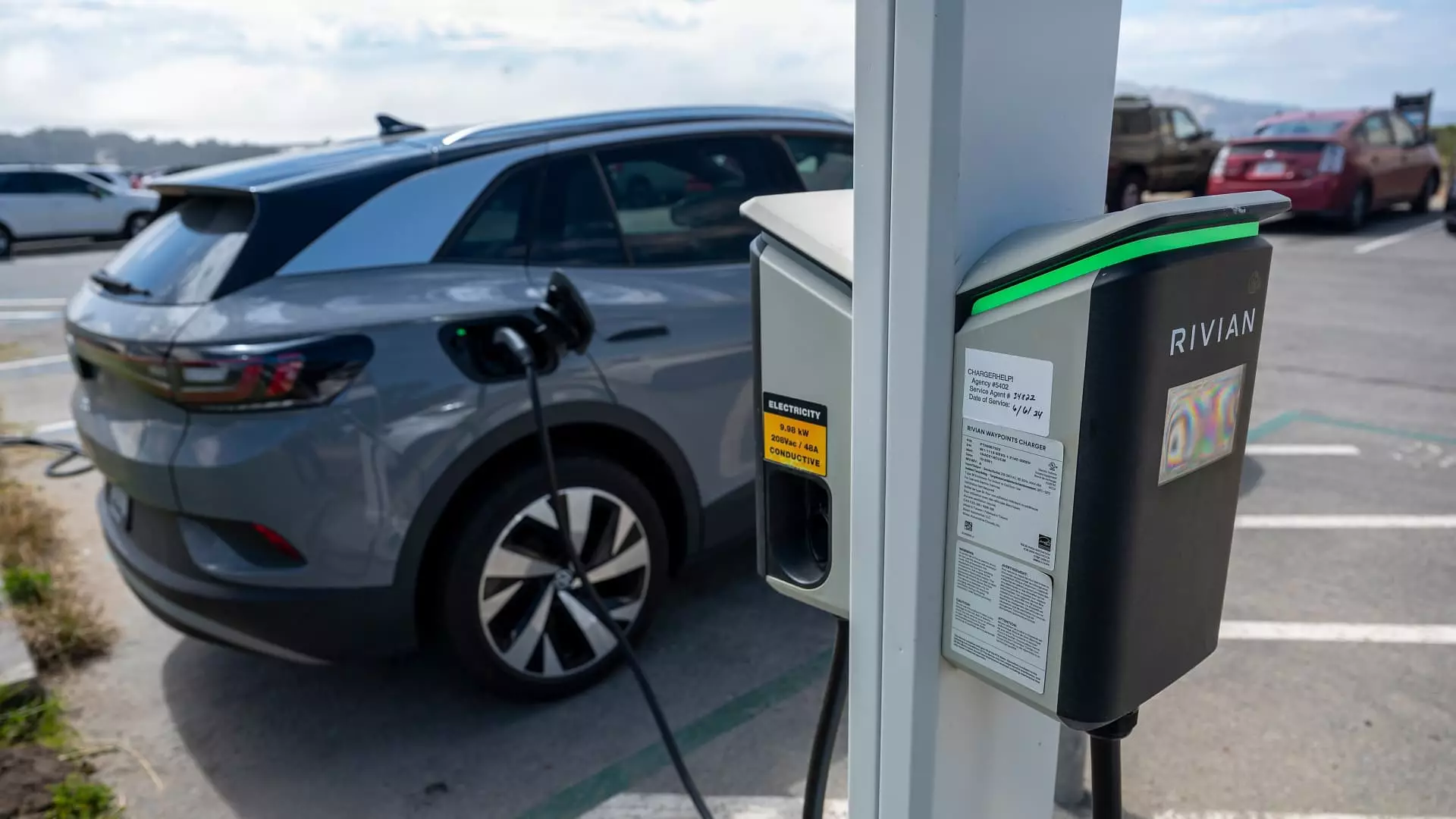The idea of electric vehicles (EVs) saving consumers money in the long term in comparison to traditional gasoline-powered cars is a topic of increasing interest. While the upfront purchase cost of EVs may be higher, the ongoing expenses related to fuel and maintenance are often more economical, totaling up to a lifetime expense that could be less than that of a gas vehicle. However, the actual cost comparison between EVs and gasoline cars can vary depending on factors such as the specific EV model, the location of the buyer, and the charging habits. Experts suggest that as battery prices decrease, EVs are likely to achieve cost parity with gasoline cars more effortlessly.
Recent data indicates that the average consumer paid around $56,000 for a new EV in June 2024, in contrast to $49,000 for a gas-powered vehicle. The price gap between the two types of cars is gradually diminishing due to car manufacturers reducing EV prices. Additionally, the federal government offers a tax credit of up to $7,500 to eligible buyers of new EVs, which can further lower the purchase cost. Various states and utilities may also provide tax incentives to help offset the expense of buying an EV or installing charging infrastructure.
Research conducted by Maxwell Woody, a researcher at the University of Michigan’s Center for Sustainable Systems, and Consumer Reports’ senior transportation and energy policy analyst, Chris Harto, indicates that certain smaller EVs are starting to break even in costs even without incentives. However, most consumers still end up paying a premium for EVs. Ultimately, the decision to invest in an EV comes down to examining the payback period for the additional upfront cost.
A Consumer Reports study released in 2023 projected that the average driver could save between $6,000 to $12,000 throughout the vehicle’s lifespan compared to a gas-powered model. This potential saving is attributed to the reduced need for repairs and maintenance of EVs, mainly due to their fewer moving parts. It is also noted that refueling an EV is significantly cheaper due to its higher energy efficiency and the generally lower electricity costs compared to gasoline prices.
When considering the total cost of ownership of an EV, it is essential to factor in elements such as geographical location and charging habits. Research from J.D. Power highlighted that while EVs surpassed gas-powered vehicles in total cost over a five-year ownership period in most states, there were exceptions such as Maine, and West Virginia. The financial benefits of owning an EV can vary significantly based on factors like electricity and gasoline prices in different regions.
The cost-effectiveness of owning an EV can be notably influenced by access to charging facilities. Research suggests that individuals who charge their batteries at home tend to benefit more financially from owning an EV, compared to those who rely on public charging stations. Locations with lower residential electricity costs, particularly during off-peak hours like overnight charging, are especially favorable for EV owners.
While the upfront cost of purchasing an EV may be a deterrent for some buyers, the potential long-term cost savings and environmental benefits are factors worth considering. As technology advances and battery prices decrease, the affordability of owning an EV is expected to improve. Analyzing the total cost of ownership, taking into account variables such as location, charging infrastructure, and incentives, is crucial in determining whether investing in an electric vehicle is a financially sound decision.

